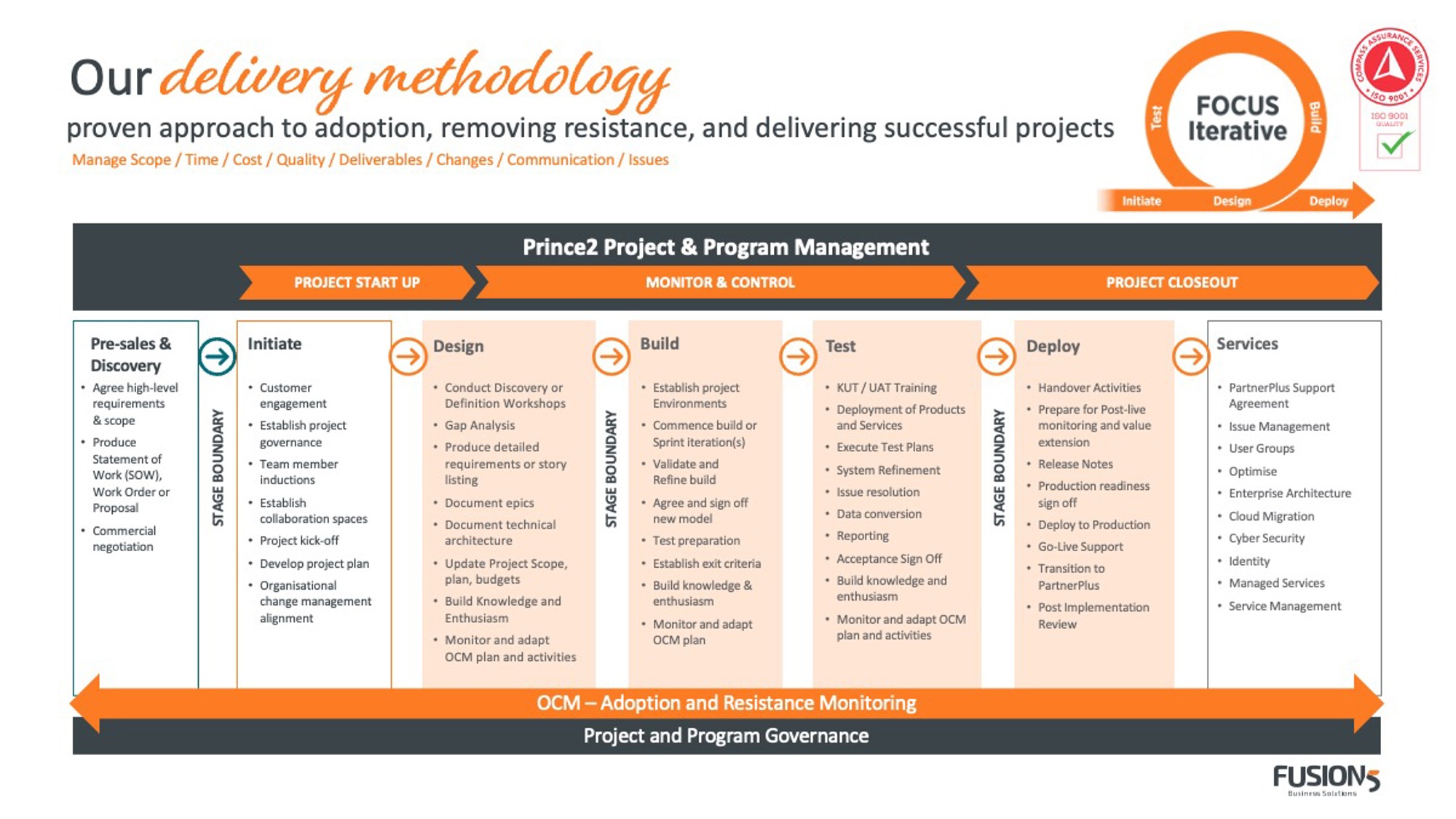We all know the saying, 'The devil is in the details.' And when it comes to an ERP proposal, details are everything.
Most RFPs are set up with yes/no tables, so you can tick items off your requirements list and collate the data to compare one vendor's proposed solution against the next. In an ideal scenario, the ERP will fit nicely with minimal configuration or development, which will control costs, reflect industry best practices, and make life easier going forward.
Outside of the software licenses for the ERP solution, the main costs are for the professional services people needed to deliver your project and of course, anything 'unknown' or 'overlooked' at the time of preparing an RFP (which frequently includes the necessary integrations to other line-of-business applications). The people costs can be a grey area in many proposals which can make it difficult to tell if the partner is undercooking the costs. Yet, it's also the area that significantly differentiates one partner from another, reduces implementation risk, ensures your ERP project is successful, and will transform your business in the ways that you expect.
While you will doubtless take the time to compare implementation prices, you may not know how to dive into the details of who will work on your project, their skills and capabilities – and real-world experience, how you will work together, who 'owns' what, how much of the project will you need to resource, and where the buck stops.
Companies that experienced very successful ERP implementations noted internal organisational elements like support from management, good change management programs, strong project governance, and due diligence as primary reasons for success.
Data suggests that effective change management significantly boosts project success, with a sevenfold increase in the likelihood of meeting objectives and timely, on-budget completion.

Why some ERP implementation quotes are higher than others
The old adage 'you get what you pay for' is often very accurate when it comes to digital transformation projects. In our case, we believe you are paying for quality, collaboration, confidence, expertise, experience, low-risk outcomes, and getting it done right the first time. But, of course, we would say that, wouldn't we?
So, let's look at 10 of the most critical questions you should ask a potential ERP implementation partner to compare apples with apples. We've also put our answers out there for you to use as a benchmark.
Question #1: How many consultants will we be working with?
Fusion5's approach: To minimise risk and ensure continuity, our projects are always effectively resourced throughout the project lifecycle. We have at least two key team members: a lead senior consultant and a consultant, both with relevant, up-to-date product certifications. So, you're not left in limbo if one consultant is ill or is on leave, and your project also benefits from diverse viewpoints, expertise, and joint planning capabilities. We encourage as many onsite/face-to-face discussions as possible for better collaboration and engagement.
🚩 What are the red flags? If your ERP quote says there will only be a single consultant working on the project – then buyer beware. With just one consultant, you are far more likely to experience delays, inefficiencies, and increased stress as your team shoulders more of the workload. And if that consultant doesn't have exactly the right breadth and depth of experience or peer support and feedback, the quality of work delivered can be at risk. Then, there's continuity. Should the consultant become unwell or suddenly unavailable, who will pick up the project so there's no loss of momentum, and will they be up to date and ready to run with the project, or is it back to square one?
Question #2: How do you make sure the project outcome is as good as possible?
Fusion5's approach: To maintain a high delivery standard, our projects are overseen by dedicated, professionally trained Project Managers (PMs) with skills and experience distinct from our consultants. All PMs CVs are available for review and will include their PRINCE2 certifications, so you can be confident that your project is managed efficiently. They handle timelines, budgets, scope management, and quality criteria, leaving our consultants free to focus on their core expertise. Our PMs are focused on risks and mitigation techniques, which are reviewed at every meeting to ensure project delivery is on time, on budget and against project expectations.
🚩 What are the red flags? If your ERP quote doesn't include a dedicated project manager specialist, or the one put forward doesn't have the required experience or qualifications, you should be concerned. Without a qualified PM, there is a higher risk of mismanagement leading to delays and a lack of oversight – meaning your project's outcome could be compromised.








